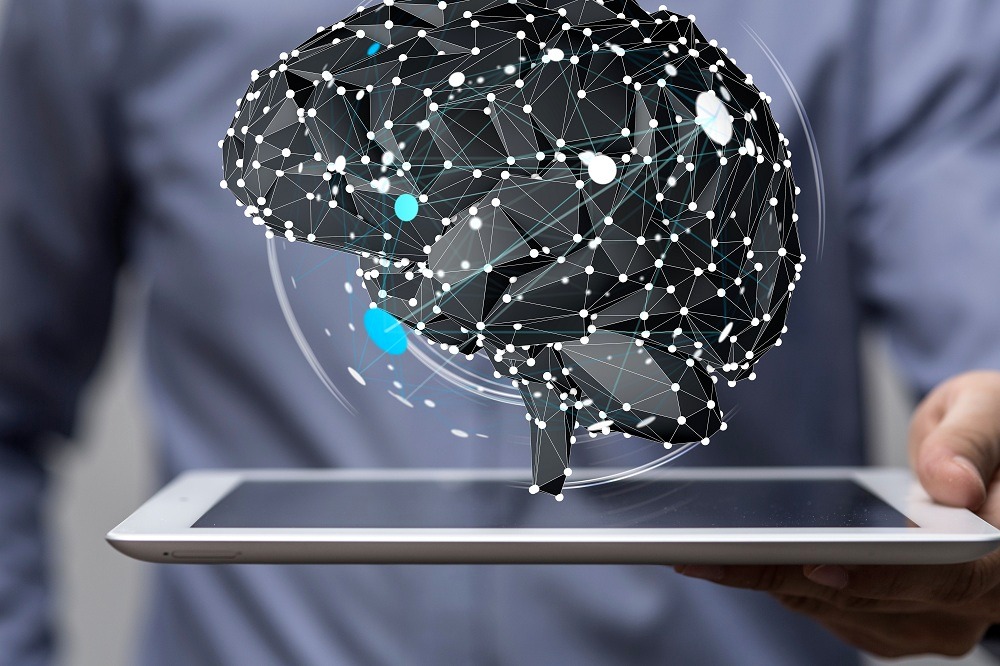In the world of computing, quantum computing has emerged as a groundbreaking technology with the potential to revolutionize data processing. With over a decade of experience in this field, I am excited to delve into the intricacies of quantum computing and its profound implications for data processing.
Understanding the Basics of Quantum Computing
Before we dive into the potential revolution, let’s start with the basics of quantum computing. Unlike classical computers that rely on bits as the smallest unit of information (0 or 1), quantum computers use quantum bits, or qubits. Qubits can exist in multiple states simultaneously, thanks to the principles of superposition and entanglement. This fundamental difference allows quantum computers to perform complex calculations exponentially faster than classical computers.
Quantum computers are not merely faster versions of their classical counterparts; they have unique capabilities that make them exceptionally well-suited for certain tasks, including data processing.
Quantum Computing’s Impact on Big Data
One of the most promising applications of quantum computing is in handling big data. Traditional data processing methods can struggle to analyze massive datasets efficiently. Quantum computing, with its ability to process multiple possibilities at once, can dramatically accelerate data analysis. This means quicker insights and more informed decision-making.
Imagine a scenario where a pharmaceutical company needs to analyze an extensive dataset of molecular structures to develop new drugs. Classical computers might take years to complete this task, but a quantum computer could potentially do it in a matter of hours or even minutes. This speed can lead to faster drug discoveries and, ultimately, save lives.
Quantum Computing and Machine Learning
Machine learning, a field that relies heavily on data processing, stands to benefit significantly from quantum computing. Quantum machine learning algorithms can handle complex tasks, such as optimization problems and pattern recognition, with remarkable efficiency. This can lead to breakthroughs in various domains, from finance to healthcare.
For instance, financial institutions can use quantum algorithms to optimize trading strategies and risk management. Healthcare providers can employ quantum machine learning to improve disease detection and treatment plans, analyzing vast patient datasets with unprecedented speed and accuracy.
Quantum Computing and Cryptography
Cryptography plays a crucial role in data security. However, the rise of quantum computing also poses a threat to classical cryptographic methods. Quantum computers have the potential to break widely-used encryption algorithms, which rely on the difficulty of factoring large numbers.
To address this, researchers are developing quantum-resistant encryption techniques, often referred to as post-quantum cryptography. These new cryptographic methods aim to withstand attacks from quantum computers, ensuring the security of sensitive data in a quantum-powered world.
Overcoming Challenges in Quantum Computing
While the potential benefits of quantum computing in data processing are immense, there are several challenges to overcome. Quantum computers are notoriously fragile and require highly controlled environments, often operating at extremely low temperatures. Scaling up these systems to handle real-world applications is a significant technical hurdle.
Furthermore, quantum error correction is a complex field that is essential for ensuring the reliability of quantum computations. Researchers are actively working on developing error-correcting codes and quantum fault-tolerant architectures to make quantum computing practical and robust.
Conclusion: A Quantum Leap in Data Processing
In conclusion, quantum computing holds the promise of revolutionizing data processing across various industries. Its unique capabilities, such as superposition and entanglement, enable it to outperform classical computers in tasks involving big data, machine learning, and cryptography. While challenges remain, the ongoing research and development in the field are bringing us closer to realizing the full potential of quantum computing.
As a seasoned technical writer in this domain, I am excited to witness and contribute to the ongoing advancements in quantum computing. The future of data processing is undoubtedly quantum, and it’s an exciting journey that holds tremendous potential for innovation and discovery. Stay tuned for more updates on this fascinating technological frontier.




